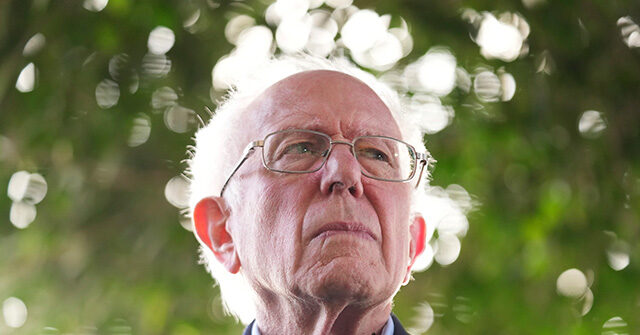During a recent interview with KXAN, Senator Bernie Sanders expressed his concerns regarding the escalating tensions in the Middle East following Iran’s missile attacks on Israel. While he condemned the attacks as “unacceptable,” Sanders emphasized the necessity of an immediate ceasefire to prevent the conflict from spiraling into a larger regional war. He underscored the potential ramifications for the United States if it were to become directly involved in another Middle Eastern conflict, advocating for a diplomatic resolution instead of military escalation.
Sanders highlighted the dangers posed by the attacks, particularly the risk they create for broader hostilities in the region. He stated that the involvement of American troops in another conflict should be avoided at all costs, as it could lead to dire consequences both for the U.S. and the countries directly involved in the conflict. The senator’s call for a ceasefire reflects a growing concern among lawmakers and international organizations about the potential for a wider war that could destabilize the region further.
In his discourse, Sanders aligned his viewpoint with that of the United Nations and other institutions advocating for peace. He pointed out that the current situation necessitates a collective effort towards de-escalation, emphasizing that an expanded conflict would only serve to exacerbate tensions and lead to more suffering. The senator’s remarks highlighted a critical juncture in international relations, where diplomacy must be prioritized over militaristic responses.
Moreover, Sanders’s perspective resonates with a segment of the American public increasingly weary of military intervention abroad. His comments reflect a broader critique of American foreign policy in the Middle East, where past military engagements have often led to protracted conflicts without clear resolutions. He articulated a vision of engaging in international diplomacy rather than resorting to armed conflict, which aligns with the desires of many constituents who seek a more peaceful approach to foreign policy.
The implications of Sanders’s statements are significant for U.S. diplomatic efforts and military strategy in the region. By advocating for a ceasefire and cautioning against escalation, Sanders encourages both lawmakers and the public to reconsider the costs of military engagement. This stance aligns with growing calls for a reassessment of U.S. military commitments overseas and a shift towards more peaceful, negotiated solutions.
In conclusion, Senator Bernie Sanders urged for immediate action towards achieving a ceasefire in the wake of Iran’s missile attacks on Israel. He expressed deep concerns over the prospect of American involvement in another Middle Eastern conflict, advocating for a diplomatic approach to peace rather than military intervention. His remarks underscore a need for cautious engagement in international conflicts and resonate with a broader call for reevaluating U.S. foreign policy in the region.

